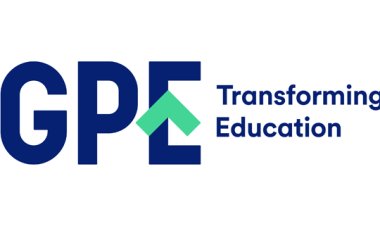Federal Government Calls for Effective Policy Implementation in Education Sector
“When policies that guide a nation are not implemented at the appropriate time, the consequences are backwardness, underdevelopment, unemployment for graduates, poverty, insecurity, etc.,” Adejo said.

The Federal Government has expressed concern over the ineffective implementation of policies in the nation’s education sector. The Permanent Secretary, Federal Ministry of Education, Mr Andrew Adejo, highlighted the urgent need to ensure proper implementation of these policies to raise the standards of education in the country.
See also: Lagos State to Host 67th National Council of Education Meeting, Announces Plans to Reduce Out-of-School Children
Mr Adejo made these remarks at the 67th National Council on Education (NCE) meeting held in Ikeja, Lagos State. The theme of the meeting was “Addressing the Challenges of Policy Implementation: A Panacea for the Achievement of Education 2030 Agenda”. He was represented by Mrs Obianuju Anigbogu, the Director, Educational Planning, Research and Development (EPR&D), Federal Ministry of Education.
The Permanent Secretary noted that while the policies are usually well-crafted, they often face challenges with ineffective implementation. He pointed out that educational policies often face delays and lack regular reviews to reflect national needs and aspirations. There is also a lack of consistent monitoring and evaluation to checkmate policy implementation.
Recommended: EWAN Set for 2023 National Education Summit
“When policies that guide a nation are not implemented at the appropriate time, the consequences are backwardness, underdevelopment, unemployment for graduates, poverty, insecurity, etc.,” Adejo said. He stressed that all hands must be on deck to tackle the challenges of policy implementation.
Adejo also expressed hope that other states would emulate such budgetary examples for the good of the nation. “It is not enough to have adequate funds to show positive improvement in our education sector, we must all commit to put in our best to ensure that programmes are delivered appropriately to reach the desired beneficiaries,” he added.
He further emphasized the need for policy implementers, curriculum planners, curriculum developers, and policymakers to imbibe realistic policies. This, he said, would make the country’s education system less dependent on others for survival by analyzing reliable factors that obstruct or accelerate the implementation process.
For you: Commissioner Uncovers 152 Fraudulent Names in Katsina Teacher Recruitment List
Also speaking at the event, Governor Babajide Sanwo-Olu of Lagos State described the NCE as a major stakeholders’ forum designed to brainstorm and collectively articulate ideas towards improving education service delivery in the country. The Governor, represented by Mr Jamiu Alli-Balogun, the Lagos State Commissioner for Basic and Secondary Education, charged educators in the education sector to ensure they turn out graduates that are fit for the labour market.

 Chukwuebuka Aniakor
Chukwuebuka Aniakor 




